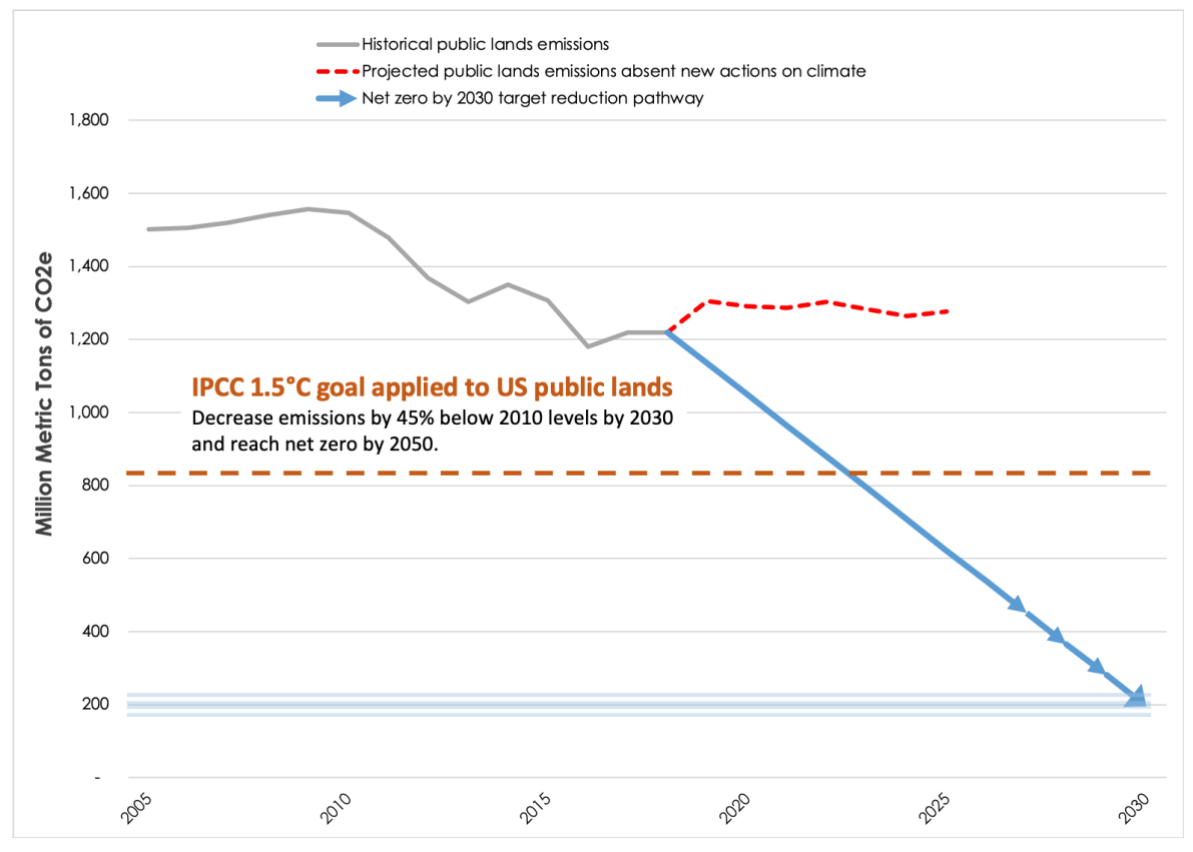Just days after the UN climate summit in Glasgow where President Joe Biden promised the US will “lead by example” in the fight against climate change, his own administration oversaw the largest lease sales of oil and gas in American history.
Yesterday, the US federal government launched an auction of 80 million acres of the Gulf of Mexico for the extraction of fossil fuels. 1.7 million acres have ended up being leased with energy companies placing bids on 308 out of around 15,000 blocks.
Days after the Paris Agreement was brokered the Obama administration quietly lifted the crude oil export ban.
Days after the Glasgow Climate Pact was brokered the Biden administration is holding the largest oil and gas lease sale US history. https://t.co/KJgSaLc2dH
— Kate Aronoff (@KateAronoff) November 17, 2021
The lease sale goes directly against Biden’s previous promise to stop drilling on public lands and waters and is deeply shocking considering Biden’s position at COP26.
Biden made huge promises at COP26
While addressing the UN climate change summit, Biden said that the US will reduce greenhouse gas pollution by 50-52 percent from 2005 levels by 2030. Biden’s administration has been attempting to regain America’s credibility where climate change is concerned, following Donald Trump’s decision to withdraw the US from the Paris climate agreement. Biden acknowledged the US’s previous position on climate change, stating that his “administration is working overtime to show [their] commitment is action not words”.
Perhaps this is what makes the new lease of acres of Gulf of Mexico for fossil fuel extraction so shocking. Kristen Monsell, a senior attorney at the Center for Biological Diversity has said “it’s hard to imagine a more hypocritical and dangerous thing for the administration to do”.
And Monsell is not alone in this view, environmentalists all around the world have decried the lease auction. Drew Caputo, an attorney at Earthjustice which sued to stop the sale, says that the “lease sale is so disappointing, because it is the most significant action that the administration will have taken on oil and gas development and it goes in the wrong direction”. According to Earthjustice, the sale represents a “huge climate bomb” that completely undermines the 2030 and 2050 targets set for the US at COP26.
Did the Biden administration have a choice?
Early in Biden’s term, he announced a temporary pause on new oil and gas leasing on public lands and waters, whilst he awaited a report outlining how they are conducted and their impact on climate change.
The oil and gas industries objected to this move, claiming it would lead to major job losses and risked escalating energy prices. Republican-led states filed a lawsuit which challenged the pause.
In June this year, a federal judge in Louisiana agreed with those states, finding that the government hadn’t taken the right steps economically to make the pause of new leases viable. The Biden administration has agreed to resume lease sales whilst they await the outcome of an appeal on this decision.
Biden’s press secretary Jen Psaki says “it’s a legal case and legal process, but it’s important for advocates and other people out there who are following this to understand that it’s not aligned with our view, the president’s policies, or the executive order that he signed”.
Related Articles: Greta Thunberg calls COP26 a “failure” and a “PR event” | Biden’s Make-Or-Break Moment | COP26: Success or Failure?
Whilst it could be argued that the Biden administration had no choice but to resume leasing in order to comply with the court order, environmental organisations argue that Biden could have taken more extreme action to halt the sale; “action” that he pledged he would take at COP26.
What’s more, legal experts have said that the court decision should not in itself prevent the administration from delaying lease sales or at least downsizing the lease.
Environmental risks
Approximately a quarter of U.S. greenhouse gas emissions come from fossil fuel production from public lands. By leasing such a huge area in the Gulf of Mexico, Biden’s administration is risking a dangerous increase in greenhouse gas emissions figures.

Public lands emissions must be reduced. Source: The Wilderness Society Climate Report 2020
An expansion in oil drilling poses further threats. There have already been numerous oil spills in the Gulf of Mexico, devastating coastal communities and wildlife. Considered to be the largest of these spills was the ‘Deepwater Horizon oil spill’ in 2010 which caused extensive damage to marine and wildlife habitats, fishing, and tourism. Many people living on the Gulf’s coast are deeply worried about a repeat of these events.
Today is the 11th anniversary of the Deepwater Horizon spill – the worst oil spill in history – which caused catastrophic damage to Louisiana. I'm thinking about the beauty of this state today and the need for a just transition from fossil fuels. pic.twitter.com/Hz82BTto0G
— Virginia Hanusik (@virginiahanusik) April 20, 2021
Furthermore, as Christy Goldfuss, senior vice president for energy and environmental policy at the Centre for American Progress says, “it simply does not make sense to put oil company profits over the future of an inhabitable planet”.
The Biden administration is going to have to work a lot harder to convince the public of its commitment to reduce the environmental impact of climate change with “action and not words”. The US government must not only pause lease sales but stop them altogether if there is going to be any chance of the US reaching its ambitious targets.
Editor’s Note: The opinions expressed here by Impakter.com columnists are their own, not those of Impakter.com. — In the Featured Photo: Oil Cleanup Deepwater Horizon Tom MacKenzie USFWS. Featured Photo Credit: U.S. Department of the Interior









